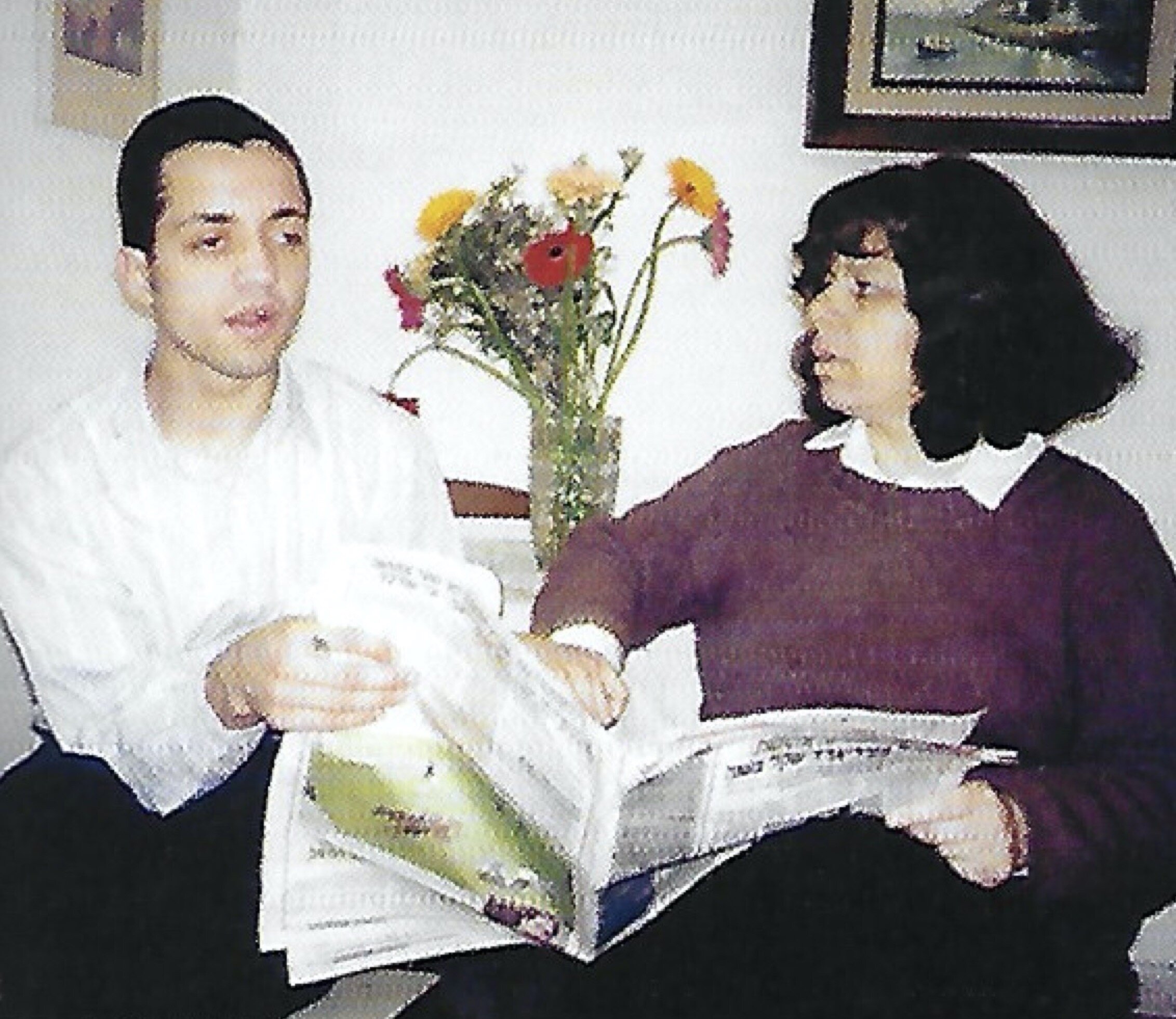If young people tell you, “Build!” and Elders tell you, “Tear down!”,
listen to the Elders and not the young people.
Because “building” for young people is, in fact, tearing down,
And “tearing down” for Elders is, in fact, building up.
—Talmud, Nedarim 40a
The murmuring is getting louder that it’s time for President Biden to read the writing on the wall. His approval ratings are in the gutter, and a plurality of Democrats—if a New York Times/Siena College poll is to be believed—think that he should not run for reelection in 2024. The fear is if Biden chooses to run for a second term, his weak candidacy could pave the way for another Trump or Trumpian administration in the White House (G-d preserve us).
There is a reasonable conversation to be had here. Politics demands pragmatism and in general it’s preferable to be in power rather than the opposition. It’s even possible that Biden could become a much more powerful world leader (as opposed to the cliché of a lame duck) by not running again, unfettered by relinquishing the need to have a constant eye on the polls and 2024. Maybe, maybe not.
But one aspect of the conversation concerns me deeply: The deep strain of ageism that is framing the debate. And we should call it out.
We might expect nasty caricatures about Joe as senile from the President’s enemies on the alt-right and generally in the sewage of social media. Bloggers, FoxNews, and late night comics love to replay news clips of Biden looking confused or struggling to speak clearly. Sometimes these are real, sometimes they are completely fabricated.
But what do we make of the blunt headline of Michelle Goldberg’s Times editorial, “Joe Biden is Too Old to be President Again”?
And, for that matter, what do we do with this month’s Times/Siena poll, which found that the #1 reason Democrats don’t want Biden to run again is “he’s too old”?
I find it incredibly troubling. It’s also a reminder that ageism is one remaining bigotry that is absolutely acceptable, even among progressives. (Well, I suppose there is also that other one.)
If Biden is cognitively compromised, that is something the public has the right to know. (Some have argued that Reagan was showing the effects of Alzheimer’s while he was in office, and chose to conceal it.) Of course, it is also known that Biden has always had a propensity for misspeaking, and he has struggled with stuttering all his life—so to what degree are the charges of “senility” in fact cruel mocking of his well-known disability?
I’m not in a position to know, but of this I am confident: old does not mean disabled—and to assert otherwise is ageist. For that matter, Elderhood should be seen as a virtue for leadership, not a disqualifier. (Reagan, you may recall, had the most perfect response to this.)
And I am confident that saying a person is “too old to be President” is offensive to Jewish values.
After all, the Torah tradition makes the case over and over again that not only is Elder status not a liability; in fact, it is a qualifier for leadership.
There are plenty of illustrations of this. In the Torah, “the Elders” are a sort of kitchen cabinet who are gathered around Moses, to give legitimacy to his leadership (starting in Exodus 3:16, and then repeatedly through Exodus and Numbers). Moses, himself, is said to be 80 years old at the time of the Exodus, and even after decades of leading the people through the desert, “his eyes were undimmed and his vigor unabated” (Deut. 34:7).
But the starkest example of this is found in the Book of Kings. After the death of King Solomon, there is a succession battle for leadership. Solomon’s son Rehoboam—a crude and entitled man—presumes he will be the next king. But the leaders of the Ten Tribes to the north have many well-founded grievances, which they present to Rehoboam before his coronation. Rehoboam consults the Elders of his father’s kingdom, seeking their guidance about how to treat the northerners’ petitions.
The Elders give Rehoboam sage advice, no doubt learned from experience. They tell him: If you respond to the people’s grievances today with empathy and sensitivity, they will be loyal to you forever.
Unfortunately, Rehoboam has another group of advisors—a group of young “best and brightest.” They tell Rehoboam to tell the northerners to piss off. And he follows their advice—in fact, he responds to them with vulgarity. No wonder the northern tribes go off and find a new leader; essentially, “anyone but Rehoboam.”
The result of all this? Civil war, and a tragic national schism which haunts Israel for the rest of the Bible—and, I suppose, for the rest of history. That’s what happens when the wisdom of experience is cast aside. (All this is in 1 Kings 12.)
The point of this impromptu Bible study is: Yes, of course age is sometimes accompanied by cognitive and physical decline. But Judaism broadly takes another tack. Elders deserve attention precisely because they’ve seen and experienced more in their years than you have. The Talmud puts it this way:
Rabbi Yochanan used to rise in the presence of elders—even non-Jewish ones—exclaiming, “How many experiences have happened to these people!” (Nedarim 33a)
Look, maybe Biden should run again and maybe he shouldn’t. What I know is: Saying he’s “too old to run” is obnoxious, foolish, and un-Jewish.
Obviously age should not be the determining factor for leadership. I’ve known young geniuses and old fools. Sometimes Elders do experience cognitive decline. But the presumption from Jewish tradition—and most spiritual and cultural traditions around the word—is that an elder has, through her experiences, gained a perspective that younger people don’t have.
We might call that perspective: wisdom.
Photo credit: The White House By The White House - https://www.instagram.com/p/BEvzFGwFwc2/, Public Domain

